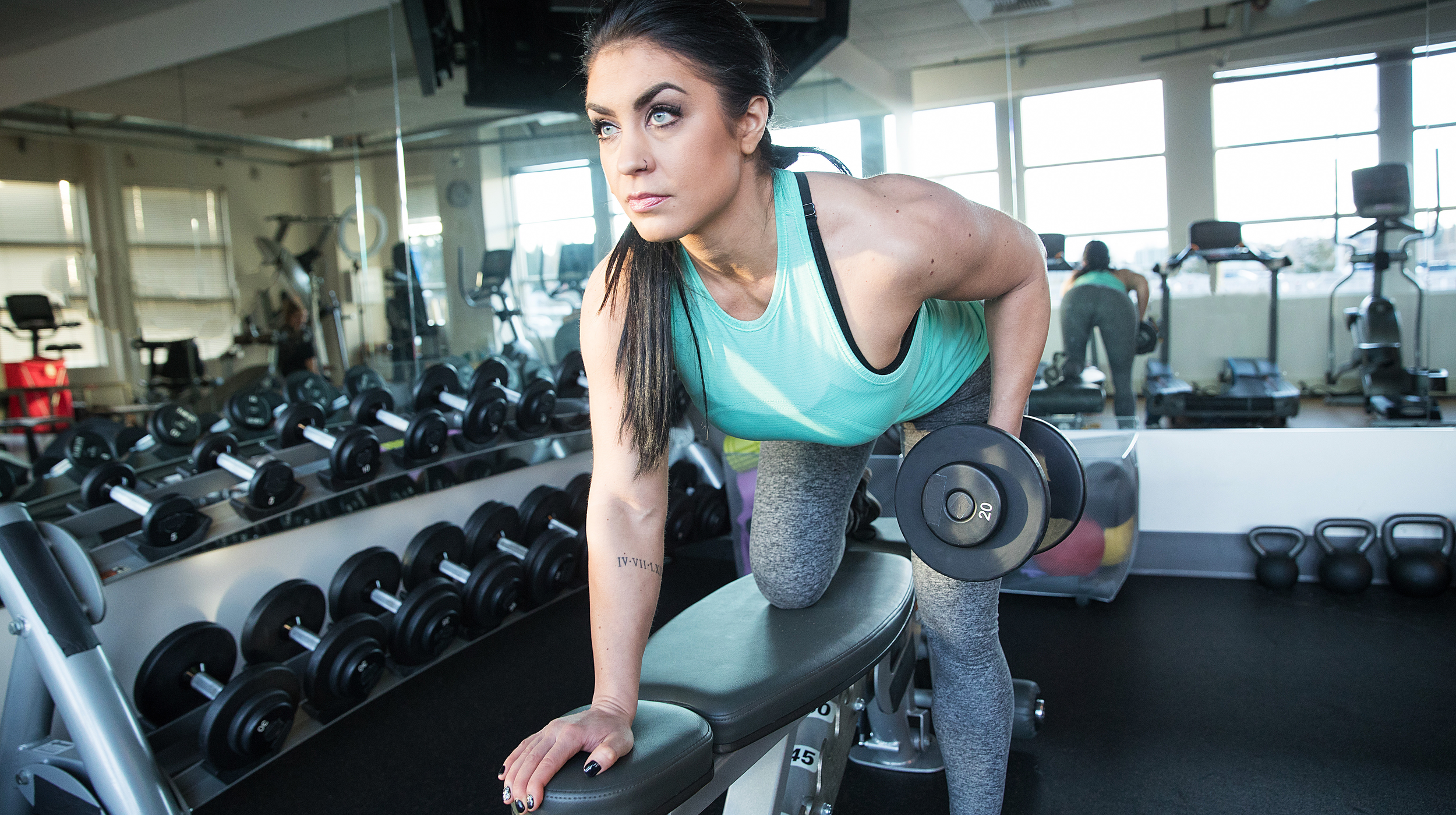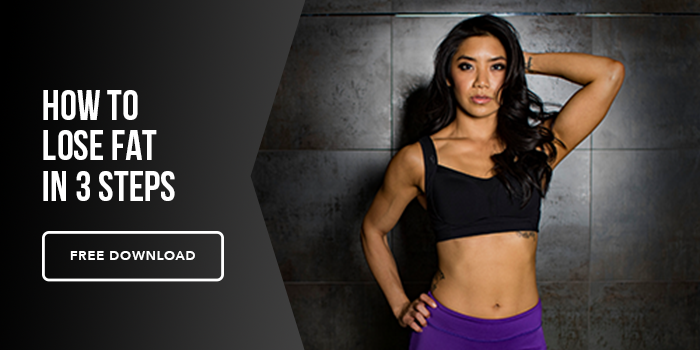Lifting weights is an important part of weight loss for women. Lifting weights, or resistance training, put your muscles under stress and sends a signal for them to grow and repair. The word ‘grow’ may not be what you want to hear when you are trying to lose weight. However, growing your muscles is beneficial to your overall weight loss and maintenance. As muscles grow, your metabolism improves. An improved metabolism means that you burn more calories while at rest. If you are concerned that your muscles will grow too big, there is no need to worry. Most women simply do not have the genetic capacity to develop large muscles. Now that you understand the importance of resistance training for weight loss, the next question is, how often should women lift weights in order to lose weight? The answer to that question depends on your current physical condition, your experience with weight training, and your goals.
Current physical condition
Your current physical condition is a factor you should consider as you look at workout plans. Going from zero workouts per week to weight training five days per week is a big jump. Starting out too strong can lead to you being extremely sore and incapable of continuing with your workout plan. You also risk injury if you take on a workout program you are not ready for. Take an honest look at your current physical condition and start with a weight lifting program that is appropriate. If it has been a while since you have done a workout, start out by weight training twice per week. Hit all of your muscle groups in those workout sessions to get started. As your physical condition improves you can increase the training frequency and split your muscle groups up for better targeting. Check out MAPS Starter to help you get started on your fitness and weight loss journey.
Experience with weight training
Your previous experience with weight training can impact how frequently you should lift weights in order to lose weight. If you are an experienced weight lifter – but it has been a while since you lifted – then start out slow. You will be able to progress much more quickly than someone who is a complete beginner. Use your experience to gauge how much weight training you can handle.
Goals for weight training
Your goals for resistance training will also inform how often you should lift weights. If your overarching goal for resistance training is weight loss, focus on hitting all of your muscle groups two to three times per week. This can be done by doing a total body workout three times a week or by splitting up your muscle groups throughout the week. The Fit Mom Bundle can help you get started moving toward your goals of losing weight and getting the physique you want.
Weight lifting frequency can impact the amount of weight you lose and how quickly it comes off. Be realistic with your goals and find a sustainable weight training program. For women who are just starting out with weight training, lifting twice per week is a good place to start. Explore the programs that MAPS has to offer to get guidance on how often you should hit the weights.






